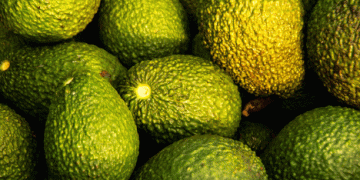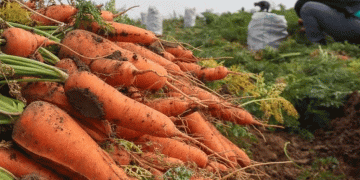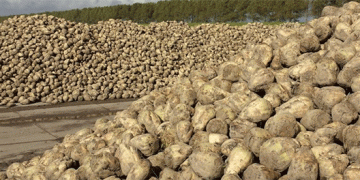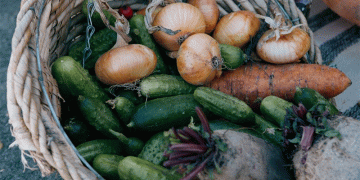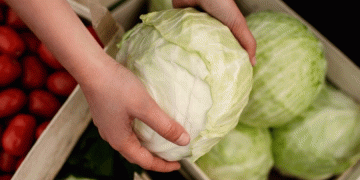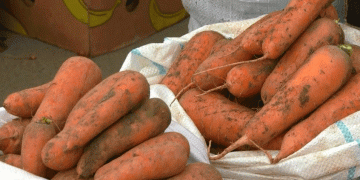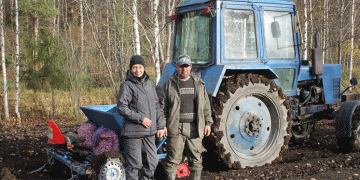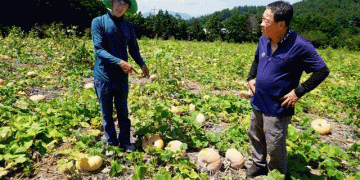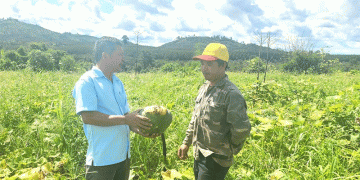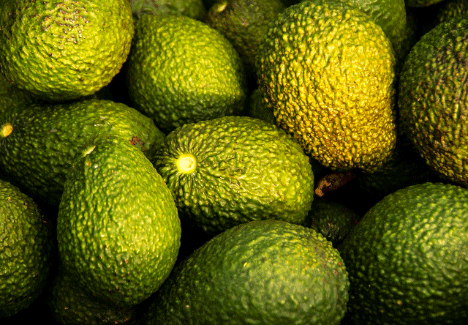In a significant move for the horticultural sector, the Agriculture and Food Authority – Horticultural Crops Directorate (AFA-HCD) of Kenya has officially announced the cessation of sea freight for avocado exports as of October 25. Following this date, only air freight will be permitted for transporting avocados to international markets. This change is part of a broader strategy to enhance the quality and safety of Kenyan avocados, which have become increasingly popular worldwide.
Since its establishment in 2013, the AFA-HCD has played a vital role in developing and regulating the horticulture industry in Kenya. The agency oversees various aspects of avocado production, including maturity levels, harvest quantities, and export compliance. According to Dr. Bruno Linyiru, the Director-General of AFA, the transition to air freight is intended to promote sustainable growth for Kenyan avocados in international markets.
The Impact on Exports
In 2023, Kenya exported approximately 122,581 tons of avocados, with the Netherlands receiving the largest share at 37,400 tons. Other significant importers included the United Arab Emirates, which imported nearly 16,000 tons, and France, receiving over 12,000 tons. Spain ranked fourth among the importers, with over 11,300 tons of avocados.
By switching to air freight, Kenyan exporters aim to ensure that their avocados reach global markets while maintaining optimal freshness and quality. However, this transition also raises concerns about increased shipping costs. Air freight is significantly more expensive than sea freight, which could lead to higher prices for consumers and potentially affect demand.
Global Market Dynamics
The decision to end sea freight may have wide-ranging implications for the global avocado market. With air freight being the sole transportation option, Kenyan avocado producers must adapt to the increased logistics costs and the pressure to meet stringent quality standards. This could also impact the competitive dynamics in the avocado market, as other producing countries with established sea freight options might capitalize on Kenya’s shift to air transport.
Importers worldwide, particularly those in Europe and the Middle East, will need to reassess their sourcing strategies as they adapt to the new logistics landscape. Avocado processors will also feel the impact, as the increased costs of air freight may trickle down to consumers, potentially influencing overall avocado consumption patterns.
Navigating the New Landscape
Kenya’s transition to air freight for avocado exports marks a pivotal moment for the country’s horticulture industry. While this decision aims to bolster the quality and safety of Kenyan avocados, it also presents challenges that farmers and exporters must navigate. As the global avocado market adapts to these changes, stakeholders must remain agile, ensuring they meet consumer demand while managing costs effectively.
Moving forward, it will be crucial for farmers, exporters, and importers to foster collaborations and communication to mitigate the impacts of this transition and continue to promote the high-quality avocados that Kenya is known for on the international stage.
